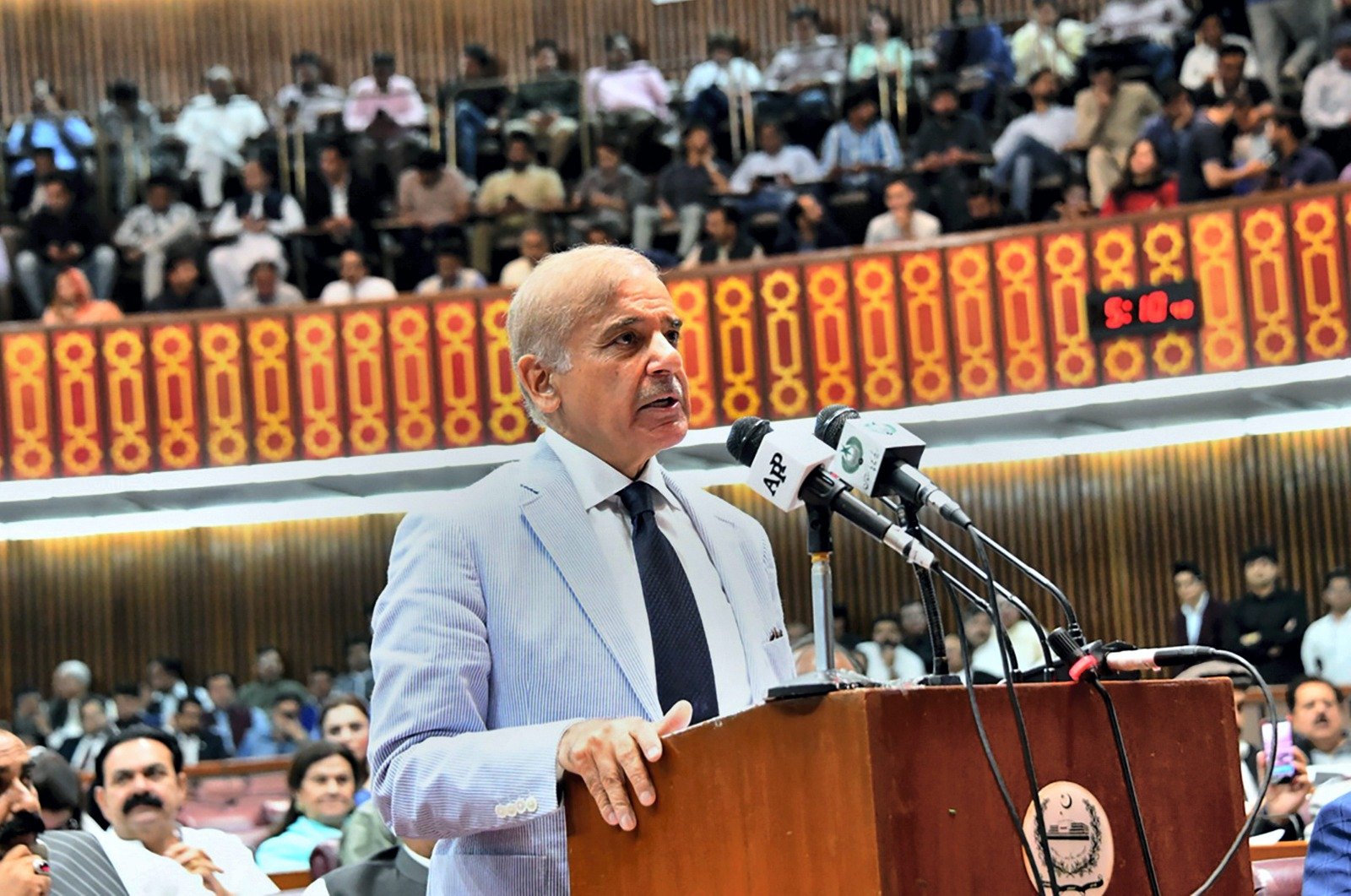Nazia Hassan: The Queen of South Asian Pop and Philanthropy

Introduction:
Nazia Hassan: A Trailblazer in Pakistani Pop Music
Nazia Hassan, a prominent Pakistani singer, songwriter, lawyer, and social activist, gained worldwide recognition for her melodious voice and contribution to pop music. Best known for her iconic song “Aap Jaisa Koi” from the 1980 Bollywood film “Qurbani,” Nazia introduced the Pakistani audience to the vibrant genre of pop music in the 1980s. With her immense talent and undeniable charisma, she earned the title of the ‘Queen of South Asian Pop’ bestowed upon her by her devoted fans.
Early Beginnings:
A Rising Star in the Making
At the tender age of ten, Nazia made her television debut as a child artist in the popular show “Kaliyon Ke Mala” in 1975, which aired on Pakistan Television Network (PTV). Her first foray into the world of singing came with the song “Dosti Aisa Naata,” performed on the same show, showcasing her innate musical abilities and captivating voice.
A Breakthrough Opportunity:
From Audition to Stardom
Fate took a favorable turn when fifteen-year-old Nazia met Bollywood film director Feroz Khan at a party in London. Impressed by her mesmerizing voice, Feroz offered her an audition as a playback singer for his film “Qurbani.” Nazia’s exceptional talent caught the attention of Biddu Appaiah, the film’s music composer, who selected her to sing the now legendary song “Aap Jaisa Koi” for the film’s soundtrack, released in 1980.
Rising to Fame:
The Song that Shaped Nazia’s Career
The release of “Aap Jaisa Koi” marked a turning point in Nazia’s career, propelling her to stardom and establishing her as a musical force to be reckoned with. In 1981, she received the prestigious Filmfare Award for Best Female Playback Singer, making her the first Pakistani artist to achieve this honor at the young age of 15. The song resonated deeply with audiences and set the stage for her future success.
The Birth of a Musical Duo:
Nazia and Zoheb’s Pop Sensation
In 1981, Nazia joined forces with her younger brother Zoheb to form the dynamic pop duo known as “Nazia and Zoheb.” Their debut album, “Disco Deewane,” released the same year, became an instant sensation. Garnering immense popularity, it sold over 65 million copies in India and Pakistan, making it one of the best-selling albums of its time. The album’s infectious tracks also captivated listeners in the West Indies, Latin America, and Russia under the title “Dreamer Deewane.”
International Recognition:
Pioneers of Pakistani Pop Music
Following the unprecedented success of “Disco Deewane,” Nazia and Zoheb caught the attention of the renowned EMI Group, becoming the first Pakistani artists to be signed by an international music company. This milestone further solidified their status as trailblazers in Pakistani pop music and opened doors for future collaborations and projects.
Continued Success and Recognition:
A Journey of Hits and Accolades
Nazia and Zoheb’s second album, “Boom Boom,” released in 1982, featured ten captivating tracks that resonated with audiences. Although Nazia was nominated for the Filmfare Award for Best Female Playback Singer for their third album, “Young Tarang,” in 1983, their string of successes continued to garner attention and acclaim.
Philanthropic Contributions:
Beyond the Music
Nazia Hassan’s impact extended far beyond the realm of music. Recognized for her philanthropic endeavors, she earned comparisons to Princess Diana and was often referred to as the ‘Lady Diana of Southeast Asia.’ As an active member of organizations like the Inner Wheel Club of India and Voice of Women, Nazia dedicated herself to uplifting underprivileged children and women in Karachi.
Legacy and Tribute:
Remembering Nazia Hassan’s Enduring Influence
Nazia’s untimely demise on August 13, 2000, left a void in the music industry, but her legacy lives on. In 2007, a biographical documentary film titled “A Music Fairy” paid tribute to her remarkable journey. Today, her songs continue to inspire and resonate with audiences, with remakes of her iconic tracks featured in Bollywood films and tributes from fellow artists.
Conclusion:
Nazia Hassan’s remarkable contributions to pop music, her groundbreaking achievements, and her dedication to philanthropy have left an indelible mark on the world. Her journey from a young talent to a global sensation serves as an inspiration to aspiring musicians and advocates for positive change. Nazia Hassan’s musical legacy and philanthropic efforts ensure that her spirit lives on, leaving a lasting impact on future generations.










